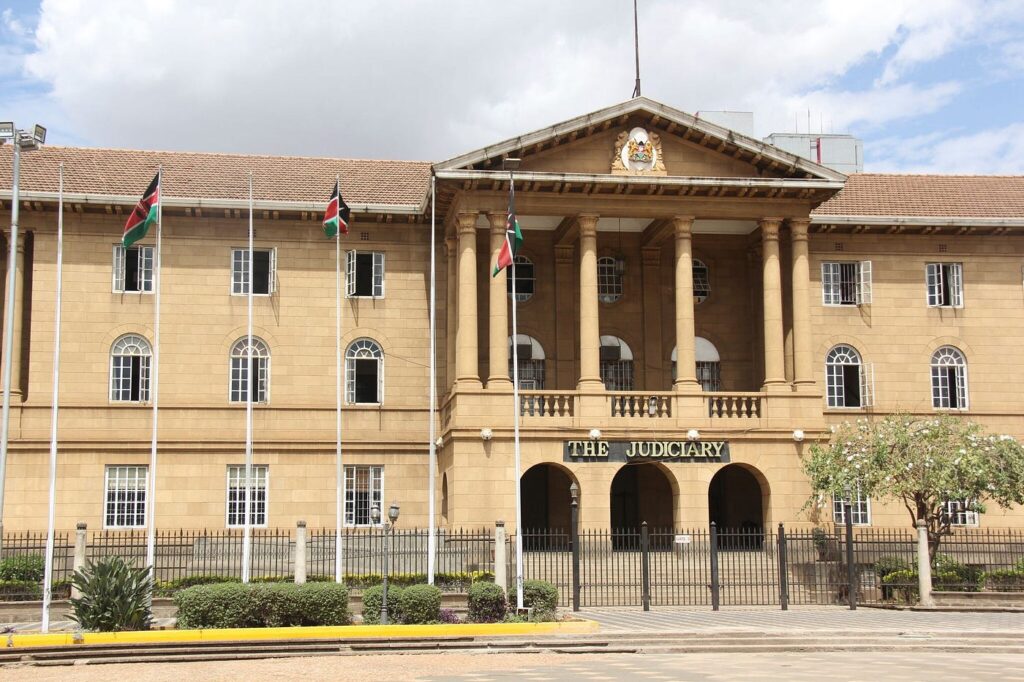In a landmark ruling, the High Court in Isiolo has closed several conservancies that were operating illegally in the county and prohibited the operators from displacing residents to establish conservation centers.
Justice Oscar Angote revoked the licenses issued to the Community-Based Organizations (CBOs) managing the Cherab and Bulesa Bilingo Community Conservancies, terminating their operations in Merti Sub-County.
The ruling also extended to other conservancies in the region, even though they were not named in the suit brought forward by residents of Chari and Cherab wards.
The residents had sued the conservancies’ operators, including the Northern Rangelands Trust, Isiolo County Government, the Ministry of Lands, Kenya Wildlife Service (KWS), and the County Commissioner.
They argued that the conservancies were set up without the community’s consent, on unregistered community land, which violated their rights.
The court heard that the community was at risk of losing essential grazing lands and cultural sites such as the Kura Dissan Owwo graveyard and other sacred sites in Ires Roba Sentho, Ires Kira, Ires Saku, Ires Wadha, Ires Ture, and Ires Buuna.
Despite numerous protests, the community’s concerns had largely been ignored.
Justice Angote emphasized that the community leaders were being intimidated and threatened by conservationists, who, with support from rangers and local administration, had been coercing the residents into accepting the establishment of conservancies.
In his ruling, Justice Angote prohibited the conservancy operators from entering, mapping, or surveying community land in Chari and Cherab wards and the entire Isiolo County.
He issued a permanent injunction against them and any CBOs acting on their behalf.
The court further directed that the Isiolo County Government manage the unregistered community lands and prohibited the recruitment or contracting of conservation personnel by the conservancies.
The KWS was tasked with taking over all conservation activities in the county, as stipulated by law.
The residents had argued that until their community land was officially registered, any attempt to establish a wildlife conservancy was premature.
Justice Angote ruled that the community’s land rights must be respected, and that proper public participation must occur before any agreements on conservation can be made.


